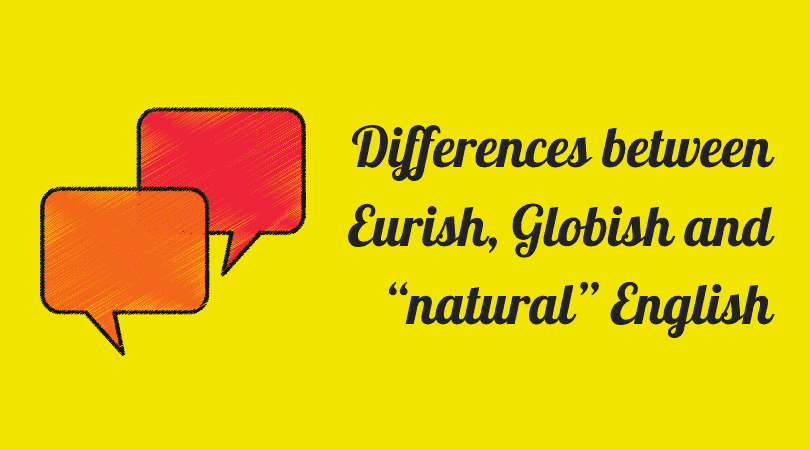
The author of the following article, Hannah Critoph, is translator at the English Language Services of the European Court of Auditors (ECA). Her aim is to raise awareness among her colleagues involved in drafting about the ways in which the English they produce in their “multilingual laboratory” differs from written English produced elsewhere. In her view, they are writing in Eurish, a version of English heavily influenced by the romance and Germanic languages.
The ECA’s English Language Service, to which Hannah belongs, provides editing services. However, her service is often called upon to simply proofread – at speed – a document that the hierarchy has already approved. Where this is the case, their mandate and the time available do not allow the editors to remove the distortions caused by Eurish, which can bury the intended message. The author expresses the hope that this document will help drafters at the ECA, and indeed at other institutions, look out for the features of this special dialect, so that they may achieve the level of clarity citizens deserve.
Summary of the article:
How does the English we produce at the EU institutions, and the ECA in particular, differ from “natural” English, and even from international English, or “Globish”? Does Eurish really exist? And does it really matter if we drift away from the standards, in a world in which most speakers of English are now non-natives anyway? In this subject brief, Hannah Critoph sets out some of the syntactical and grammatical features that set EU English apart, suggests how they may have come about, and considers the possible consequences if our language use continues to evolve in the same direction.

